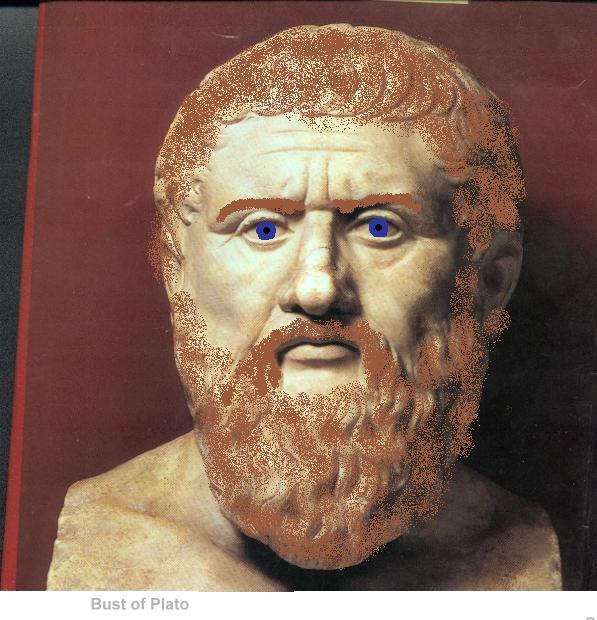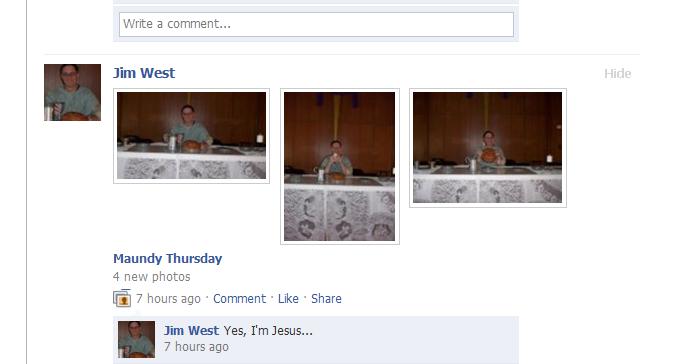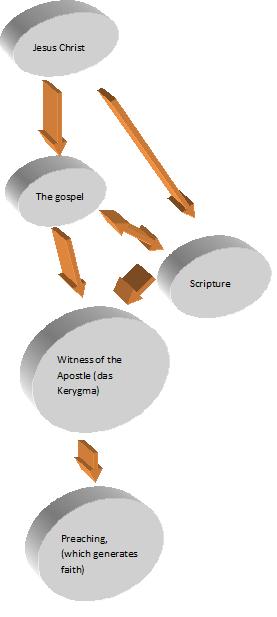21:50 Lee Westwood has just lost his lead ....
C'MON Westwood!
21:53 I'm a little concerned about Tiger's charge. It is nothing personal - I just want others to win.
21:55 Fred Couples is amazing. I never could understand his swing. I managed to copy many other pro swings, like Faldo's, Lyle, Daly, etc., but Couples' evaded my grasp.
22:00 Poor Couples' putting is letting him down. And Westwood. Oh flip.
While I'm commenting on the golf, I just finished Jend Adam's
Paulus und die Versöhnung aller: Eine Studie zum paulinischen Heilsuniversalismus. I liked some of his observations on Romans, and how pro-Universalism texts of parts of Romans 5 and 11 are more central to the letter than I would have previously thought. But I tend to think he is rather one sided in his presentation. I.e. I don't think he really appreciates the force of texts in Paul which speak against his position (i.e. a christological universalism)
22:15 OK, also not golf related, but is this one to watch, I wonder?
The Infidel22:22 Doesn't look good on the Westwood front. Hit a good one on the 12th, Lee.
22:25 Anthony Kim is coming out of the blue ....!
22:26 Woods skied(!) his drive on the 13th (and blasphemed), and Westwood puts his tee shot on the green. Life is good.
22:31 I hae seen some of the best golf of my life in this tournament. Phil Mickelson has just made a birdie at 12th
22:33 Kim gets ANOTHER Birdie!!
22:38 Woods get a birdie on the hole after all. A man who plays well under pressure - no, excels under pressure.
22:42 Mickelson's approach on the 13th is simply brilliant. Amazing shot under pressure.
22:45 Ian Poulter's trousers .... my oh my. Shoot me before I put them on.
22:50 Westwood holes a great put on the 13th, Mickelson misses his eagle chance. Great fun.
22:53 Woods misses a tiny put ... and then misses the tap in. Ooooo, that must hurt.
23:01. OK, Mickelson is going to win this, lets be frank. Actually, I'm cool with that. But C'MON Westwood.
23:05 Woods eagles. Anthony Kim holes to get 65. 65!
23:59 Yep, Mickelson won. He deserved it. Woods came across like an arse in his final interview. Mate, you are good at something - at hitting balls around fields with sticks. Remember that.
http://www.masters.com/en_US/index.html








